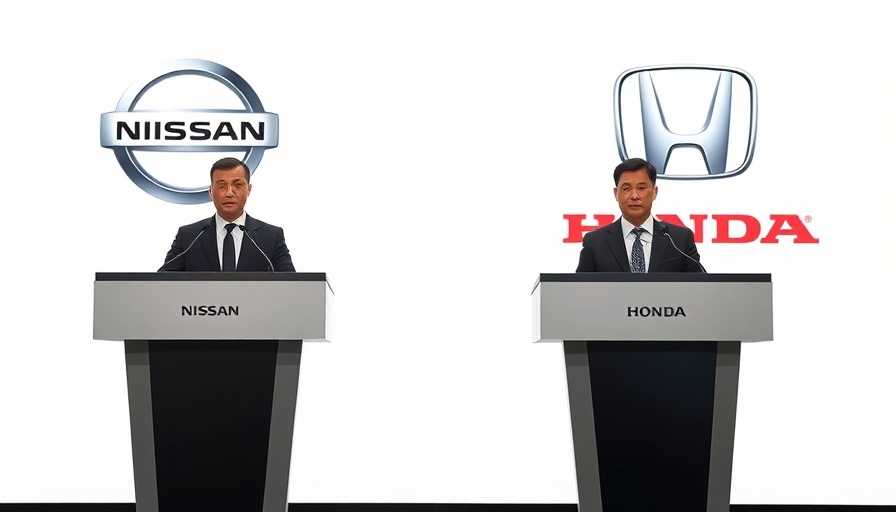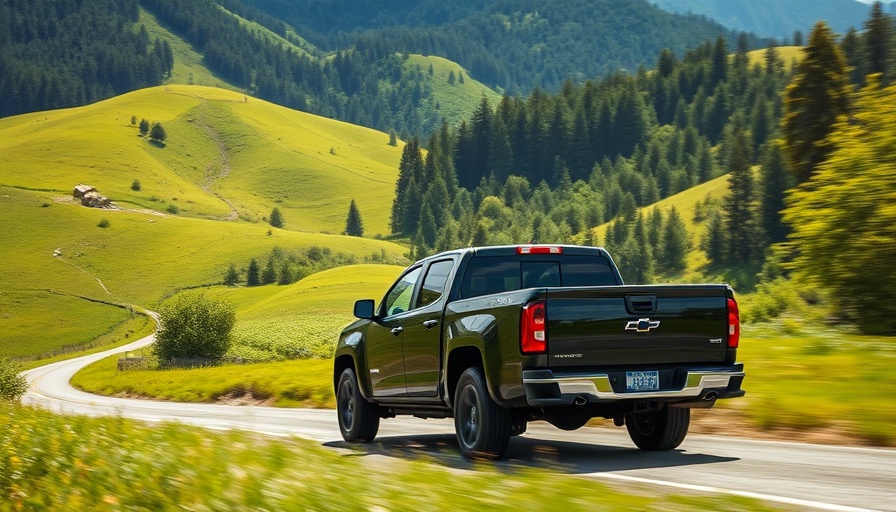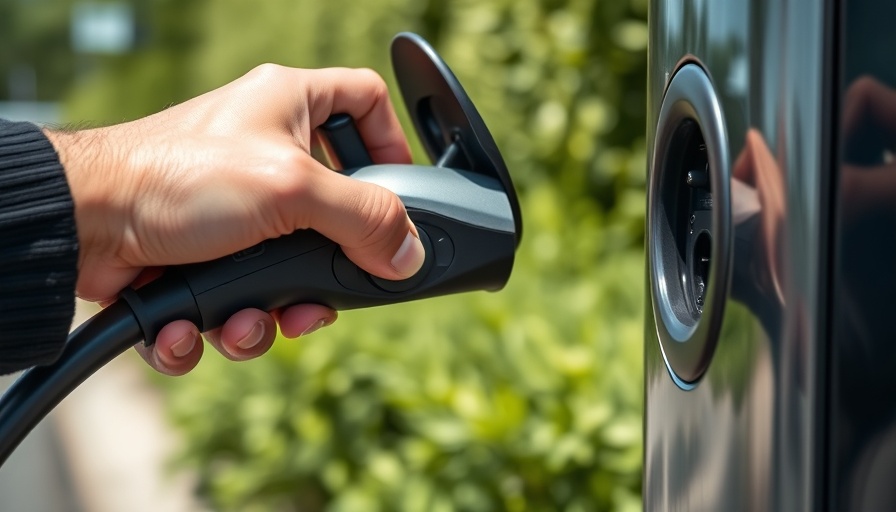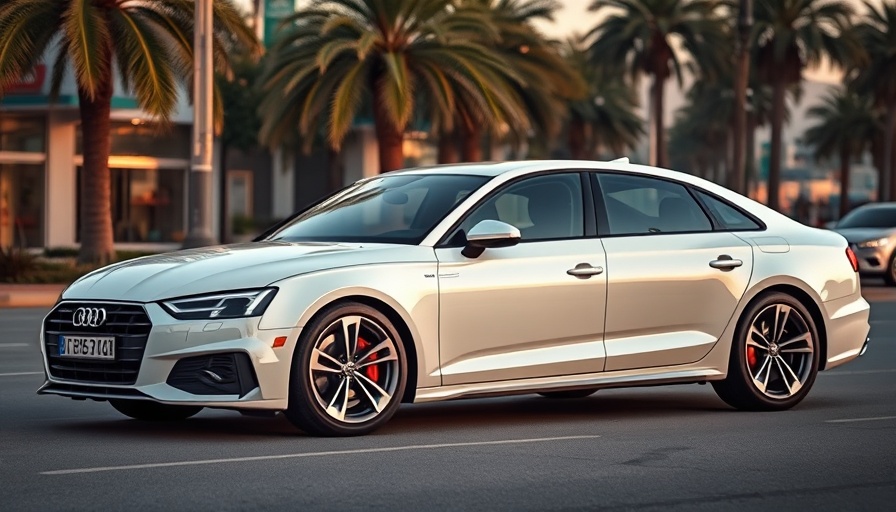
The Merger Moves: A Strategic Response to EV Competition
Honda and Nissan are taking significant steps towards a merger that could reshape the competitive landscape of the electric vehicle (EV) market. Together, they aim to counter the growing influence of Tesla and emerging Chinese automakers. According to reports from Nikkei, the two automotive giants are nearing the signing of a memorandum of understanding, which marks the initial stage of their merger talks. This merger could potentially include Mitsubishi, further strengthening their alliance, as Nissan already holds about 34% of Mitsubishi's shares.
Historical Context and Background
The collaboration between Nissan and Mitsubishi is not new, as the two have shared platforms and cooperative ventures in the past, including their synergy with French automakers. This potential merger would unite them all under a holding company structure, allowing them to pool resources and expertise in response to aggressive competition. Over the years, Honda and Nissan have made strides in the EV and hybrid segments—an area where combining their efforts could have significant synergies. This move follows a previous accord in March, where Honda and Nissan outlined their partnership in vehicle electrification and software development, marking a strategic pivot towards more integrated electric solutions.
Future Predictions and Trends
Looking forward, a merged Honda-Nissan entity could thrive by capitalizing on combined sales, which surpassed eight million vehicles in 2023. This would position them to be the world's third-largest automaker by sales volume, eclipsed only by Toyota and the Volkswagen Group. As both companies are in transition within the EV space, their union could facilitate a breakthrough in electric and hybrid technologies, potentially setting new standards in vehicle intelligence and compatibility.
Unique Benefits of Knowing This Information
Understanding the implications of this merger can provide valuable insights for industry stakeholders, such as dealership principals and managers. It highlights how synergy between traditional automotive giants can not only fend off nascent threats but also unlock new growth opportunities. This knowledge can aid dealerships in anticipating market shifts, aligning their strategies with industry leaders, and understanding the evolving dynamics of EV and hybrid vehicle sales.
 Add Row
Add Row  Add
Add 




Write A Comment